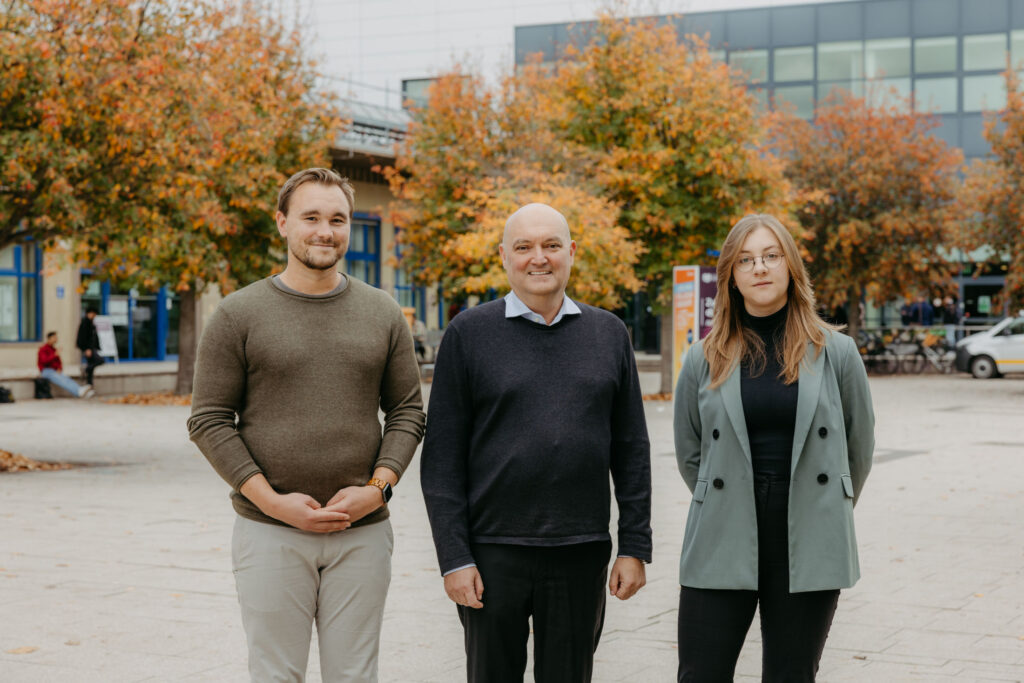The performance monitoring system located in the posterior medial frontal cortex (pMFC) is responsible for evaluating the consequences of actions and signalling the need for behavioral adjustments in response to prediction errors [1]. Interaction of the pMFC with the hippocampus (Hip) allows for encoding and long-term retention of associations formed during reinforcement learning, and previous work has discovered evidence that this relationship is modulated by acetylcholine.
Cholinergic neurotransmission is also involved in novelty detection processes, which have been found to rely on the hippocampus and are relatively easy to study in both animals and humans [2]. Though novelty can have a significant effect on learning and episodic memory by modulating attention and arousal through salience and surprise, previous studies have found that task-irrelevant characteristics of feedback stimuli, such as their novelty, can bias learning in probabilistic choice tasks [1].
In addition, some researchers have suggested that incidental learning, i.e. the acquisition of knowledge without the explicit intention to learn, critically depends on early monitoring processes and that deficits in incidental memory may stem from problems with the regulation of early attentional resources – particularly in older participants [3]. However, previous work has also demonstrated enhancing effects of both the direction and the magnitude of reward prediction errors (RPE) on encoding of incidental stimuli, suggesting a more cooperative relationship between the systems [4, 5].
Overall, cholinergic neurotransmission plays a key role in human learning, memory, attention and executive functioning. Impairment of the system has been implicated Alzheimer’s disease, but the natural age-related time course of acetylcholine (ACh) and its associated cognitive functions is less clear [6]. The aim of our project is to provide insights into potential pMFC-Hip interactions underlying the cognitive functions of interest using functional magnetic resonance imaging and a combined reversal learning and incidental learning paradigm with an additional novelty component. We are also planning on conducting a pharmacological challenge study using biperiden to investigate potential age-related changes in the acetylcholine neurotransmitter network and associated changes in pMFC-Hip interactions and cognitive functioning.

Project E3: A. Weuthen, M. Ullsperger, L. Kuczka
Find out more about the working group by clicking here.
References:
[1] Kirschner, H., Fischer, A. G., & Ullsperger, M. (2022). Feedback-related EEG dynamics separately reflect decision parameters, biases, and future choices. NeuroImage, 259.
[2] Caldenhove, S., Borghans, L.G.J.M., Blokland, A., Sambeth, A. (2017). Role of acetylcholine and serotonin in novelty processing using an oddball paradigm. Behav Brain Res, 28(3).199-204.
[3] Wagnon, C. C., Wehrmann, K., Klöppel, S., & Peter, J. (2019). Incidental learning: A systematic review of its effect on episodic memory performance in older age. Frontiers in aging neuroscience, 11, 173.
[4] Jang, A. I., Nassar, M. R., Dillon, D. G., & Frank, M. J. (2019). Positive reward prediction errors during decision-making strengthen memory encoding. Nature human behaviour, 3(7), 719-732.
[5] Rouhani, N., & Niv, Y. (2021). Signed and unsigned reward prediction errors dynamically enhance learning and memory. Elife, 10, e61077. [6] Janeczek et al. (2018). Variations in Acetylcholinesterase Activity within Human Cortical Pyramidal Neurons Across Age and Cognitive Trajectories, Cerebral Cortex, Volume 28, Issue 4, April 2018, Pages 1329–1337
